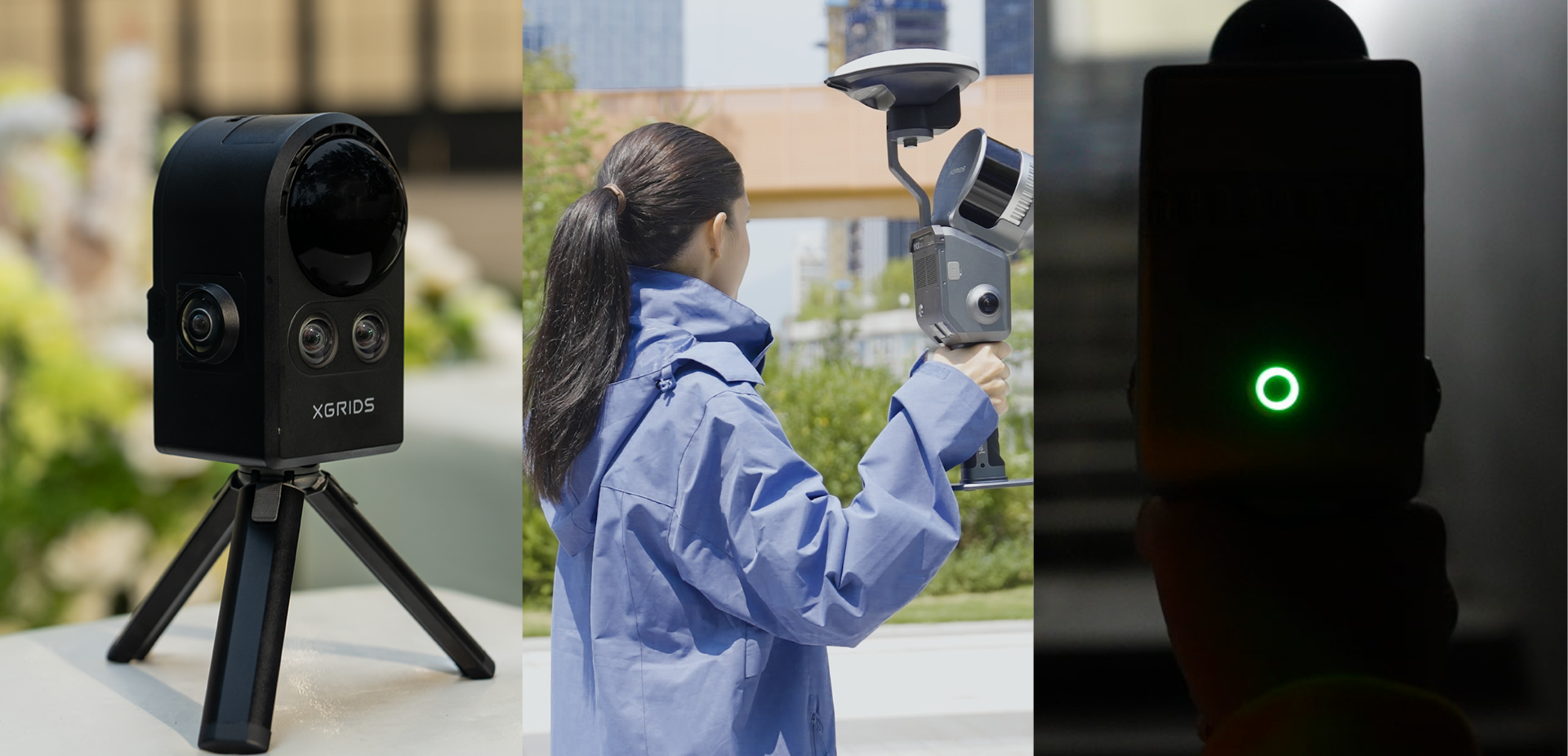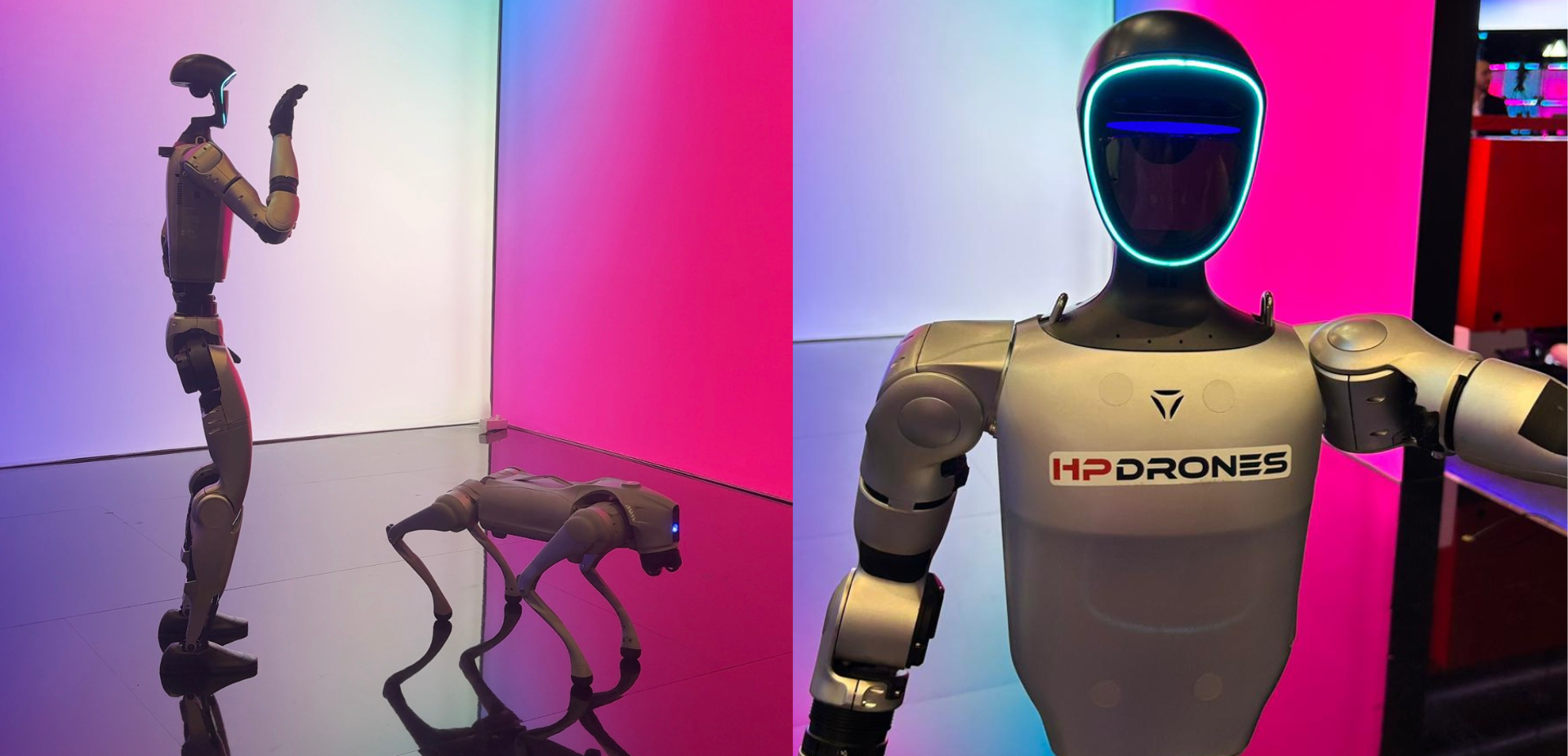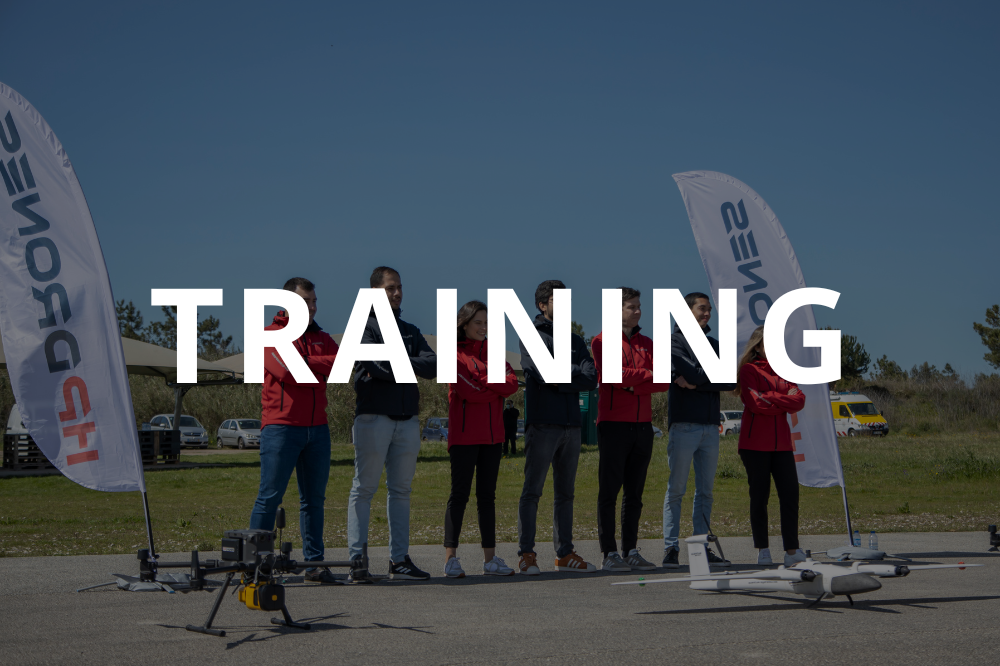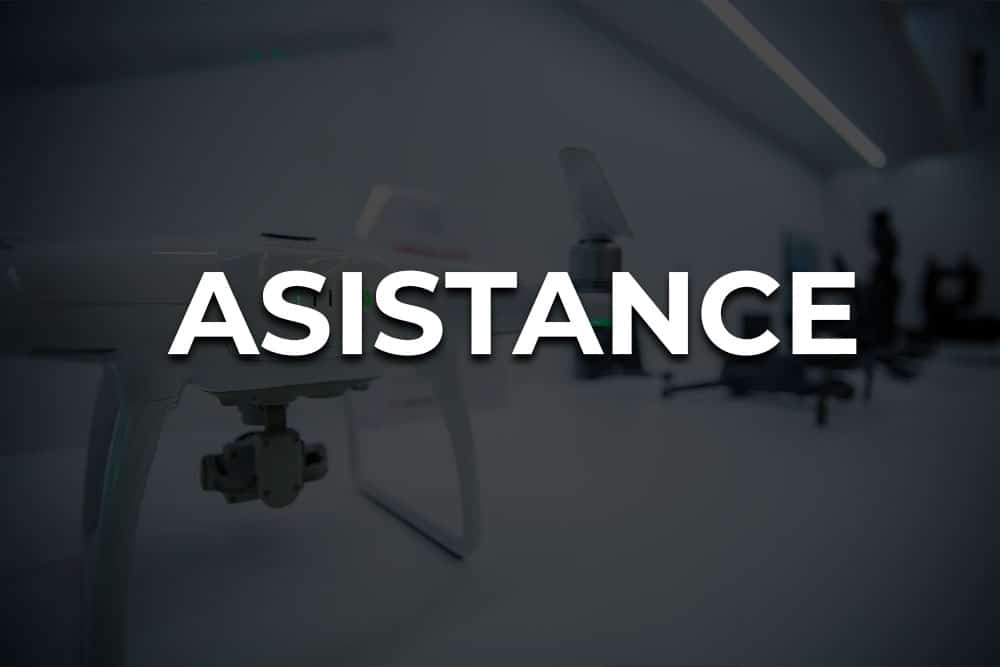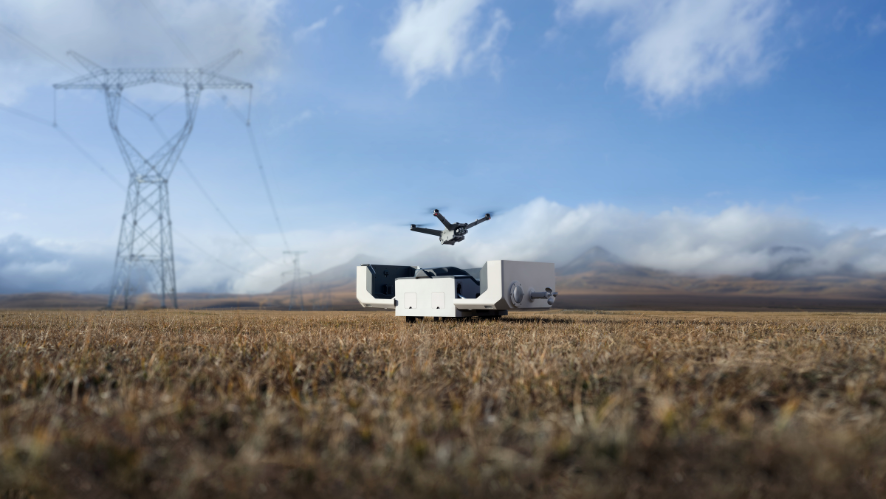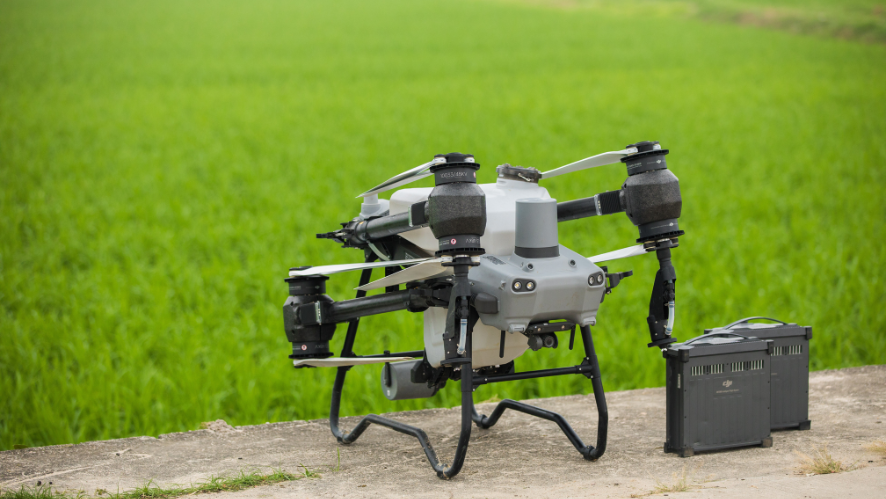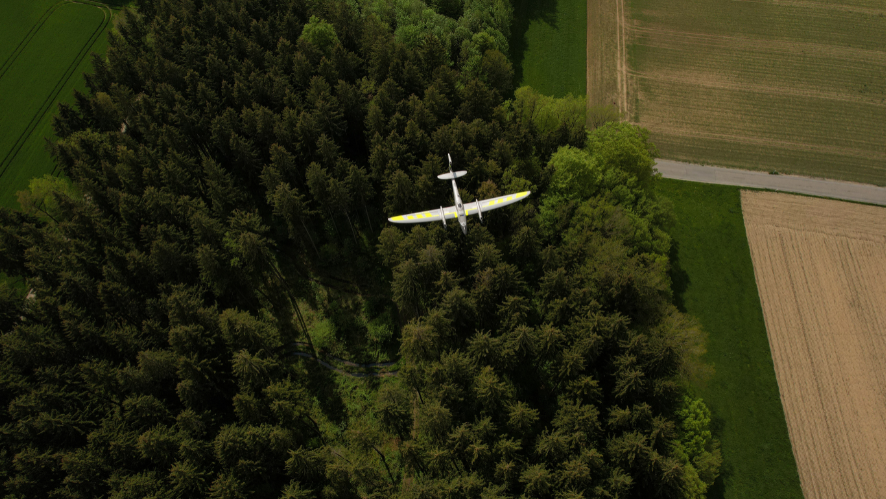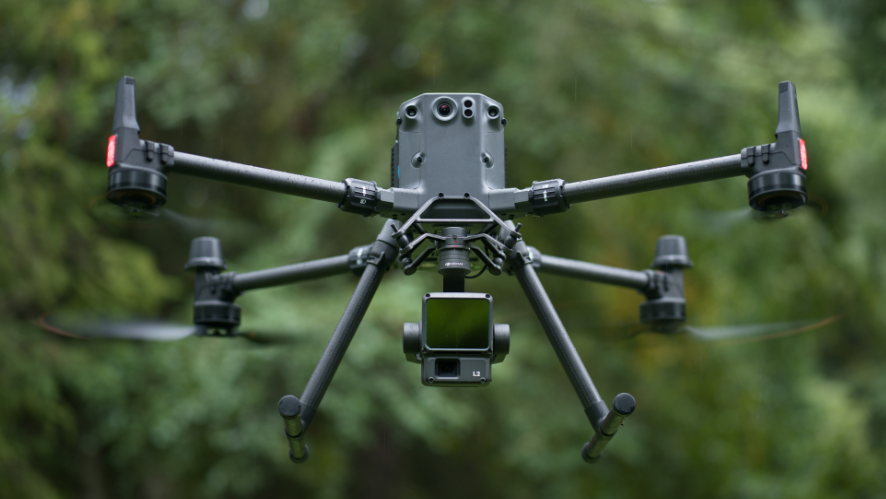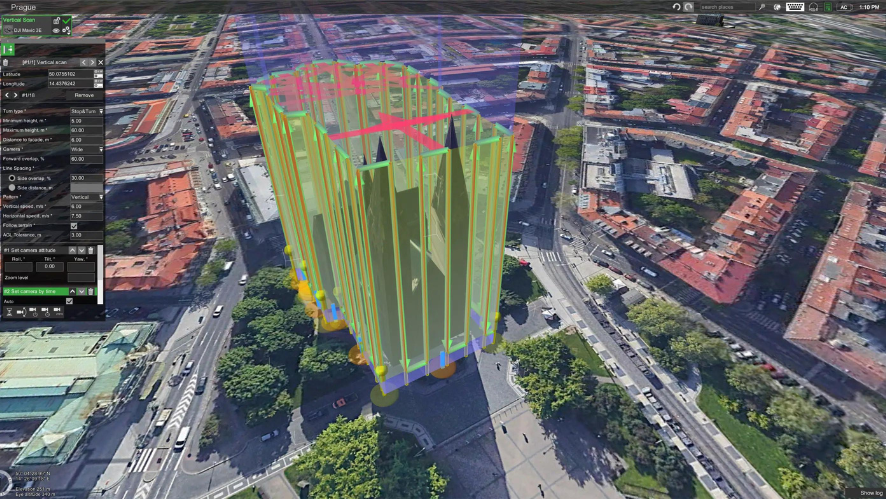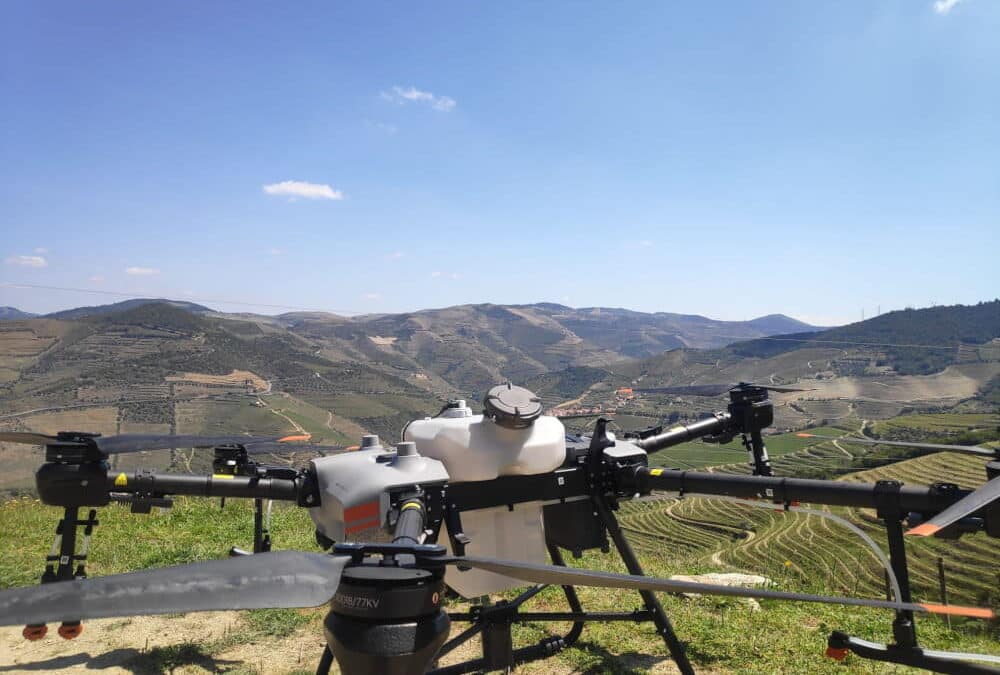Investing in drones for spraying is one of the best options for experts to start benefiting from the many advantages they bring.
It is becoming increasingly common for agricultural producers to strive to find alternatives to crop management that allow them to protect the health of their plants. Chemical pesticides can be toxic for both people and the environment. To avoid all of the above, it is becoming increasingly common for companies to use drones to spray crops.
Spraying drones are helping operators working in the field to collect and analyze more and more data quickly and efficiently. This leads to much more optimal decision making. Drones for crop spraying are built on a technology that is offering great potential and is having a huge positive impact compared to traditional methods.
What are the requirements for spraying with drones?
Technology is constantly advancing and agriculture, like many other sectors, is developing to be at the forefront. Applying the changes is a benefit in order to increase productivity and the efficiency of the results. However, in order to be able to use drones for spraying, it will be necessary to meet a series of requirements. Next, from HPDRONES we will mention and explain some of the main ones.
- Authorization by EASA. The AESA is the State Agency for Aviation Safety. In order to fumigate with drones, this institution must transmit its authorization. Otherwise, no one will be able to use any type of UAV to carry out such activity.
- Pilot applicator license. The drone pilot must be qualified as an aerial phytosanitary applicator, i.e., he must obtain a certificate from which to carry out the most efficient and environmentally friendly aerial treatments. This license has been mandatory since 2015 and is valid for 10 years. In addition, the operator or company must be registered in the Official Register of Producers and Operators of Phytosanitary Defense Means (ROPO). On the other hand, it must have the corresponding authorization from which to handle phytosanitary products in the corresponding Autonomous Community.
- Authorized phytosanitary products. The use of these phytosanitary products in an aerial way from a drone for fumigation must be allowed. In other words, they must be suitable for aerial application. In short, it is essential that the information contained in the Register of Phytosanitary Products reaches all operators involved in this field in an accurate and efficient manner.
- ITEAF. ITEAF stands for the technical inspection of phytosanitary application equipment, a mandatory requirement for all those farmers and cooperatives that work with this type of products. The ITEAF is also known as the agricultural ITV or the ITV of phytosanitary products.
The main objective of the technical inspection of phytosanitary application equipment (ITEAF) is to verify the condition of agricultural machinery in order to ensure both the safety of people and the environment.
With this certificate, the drone will be fully prepared to handle this type of products in an aerial way, which could be harmful in case of malpractice.
Drones for crop spraying: What are their advantages?
Thanks to the technological evolution that has taken place in the different production processes, the agricultural sector has undergone many transformations. Next, from HPDRONES we will mention and explain in depth some of the main benefits that drones for spraying bring to the sector.
- Decrease the amount of product applied. Drones have the capacity to manage the phytosanitary products used in spraying in a much more efficient way. In this way, the right and necessary amount will be applied, with the corresponding savings that this entails. In addition, crops do not suffer so much and their care is much healthier.
- Cost reduction. Investing in drones for spraying translates into savings. UAVs make it possible to apply just the right product in a much shorter time, which translates into a significant increase in efficiency.
- Accessing complex areas. Drones allow operators to access areas that would be impossible for them to reach on their own. UAVs for spraying make it possible to apply the corresponding phytosanitary products, regardless of the area in which the crops are located. And, as we have mentioned above, drones for spraying, thanks to their incredible characteristics and peculiarities, are much more effective.
HPDRONES has a multitude of possibilities. For example, the DJI Agras range comes with a variety of advanced features that will help farmers spray their crops quickly, efficiently and safely.
The best drones for spraying with HPDRONES!
HPDRONES offers each and every one of its customers a wide range of possibilities so that they can decide between those drones for spraying that best suit their needs. Our UAVs belong to the best manufacturers in the market and are made from exhaustive controls and products of the highest quality, putting in value the professionalism of our team. We offer a magnificent attention to solve any doubt that may arise in this regard, as well as to solve any incidents that may arise, please contact us!

